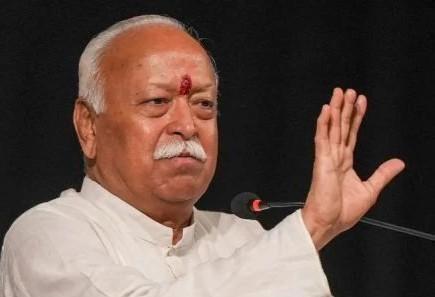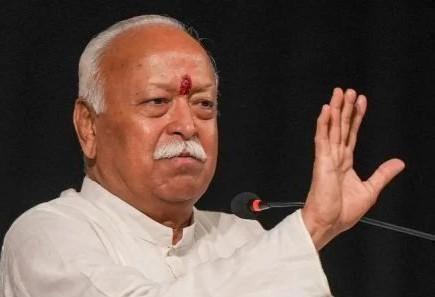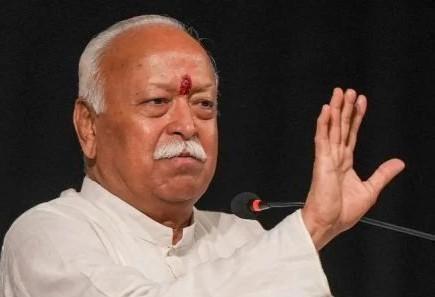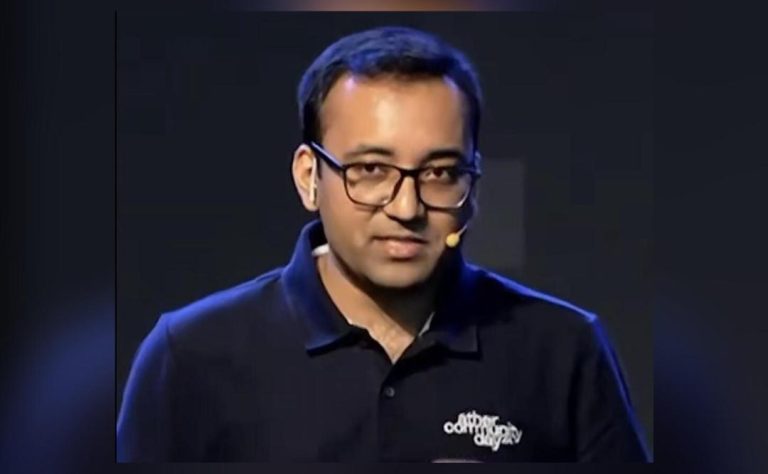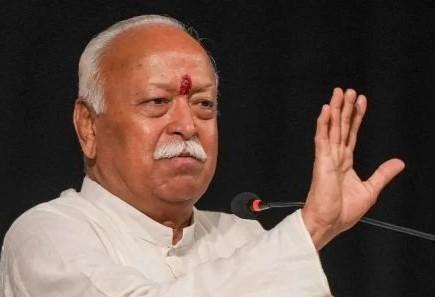
If someone turns to evil then we’ll teach lesson: Bhagwat on J&K attack
The recent terror attack in Pahalgam, Jammu and Kashmir, has sent shockwaves across the nation. The nation is still reeling from the aftermath of the attack, and the country’s leaders are speaking out against the perpetrators. RSS chief Mohan Bhagwat recently made a statement that has sparked debate and controversy. In an interview, Bhagwat said that non-violence is India’s religion, but so is teaching a lesson to “oppressors and hooligans”.
Bhagwat’s statement was made in response to the attack on a tourist bus in Pahalgam, which left several people injured and some killed. The attack was carried out by terrorists, and the Indian government has condemned it in the strongest possible terms. Bhagwat’s statement suggests that while India is a nation that values non-violence, it will not hesitate to take action against those who seek to harm its citizens.
The RSS chief’s statement has been interpreted in different ways by different people. Some have seen it as a call to arms, a suggestion that India should adopt a more aggressive approach to dealing with terrorism. Others have seen it as a reminder that India is a nation that values its principles, but will not hesitate to take action when necessary.
It is worth noting that Bhagwat’s statement was not made in isolation. It was part of a larger discussion about the nature of terrorism and how India should respond to it. The RSS chief was speaking at an event where he was discussing the need for India to take a firmer stance against terrorism.
In his statement, Bhagwat said that India is a nation that values non-violence, but it is also a nation that is committed to protecting its citizens. He said that the Indian government has a duty to protect its people, and it will do its duty.
Bhagwat’s statement has been criticized by some, who see it as a call to violence. However, it is worth noting that the RSS chief was not advocating for violence, but rather emphasizing the need for India to take a firm stance against terrorism.
In reality, Bhagwat’s statement is a reflection of the complexities of the situation. India is a nation that values non-violence, but it is also a nation that is facing a serious threat from terrorism. The country needs to find a way to balance its commitment to non-violence with its need to protect its citizens.
The truth is that terrorism is a serious threat to India’s security, and the country needs to take a firmer stance against it. However, this does not mean that India should adopt a violent approach. Rather, it means that India should take a more proactive approach to preventing terrorism, and should work to address the root causes of terrorism.
In this context, Bhagwat’s statement is a reminder that India is a nation that values its principles, but will not hesitate to take action when necessary. It is a reminder that the Indian government has a duty to protect its citizens, and it will do its duty.
In conclusion, Bhagwat’s statement on the Jammu and Kashmir attack is a complex and nuanced one. While it has been criticized by some, it is a reminder that India is a nation that values non-violence, but will not hesitate to take action when necessary. It is a reminder that the Indian government has a duty to protect its citizens, and it will do its duty.
Source: https://youtu.be/SpAKVWl5wII
